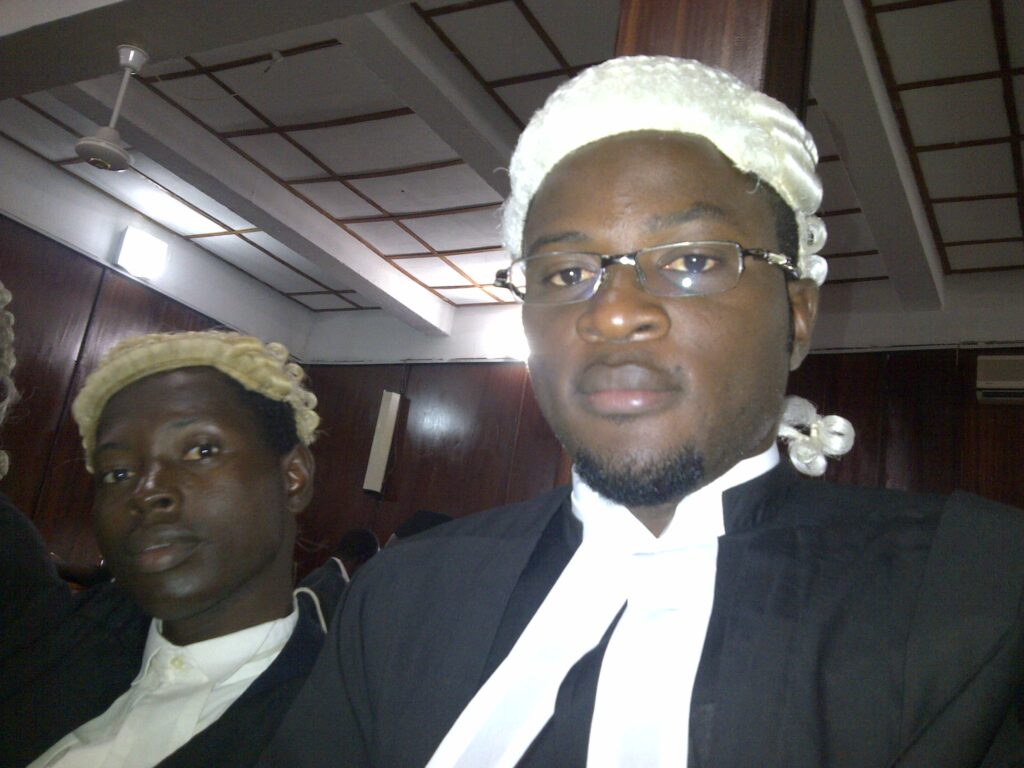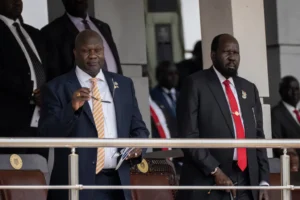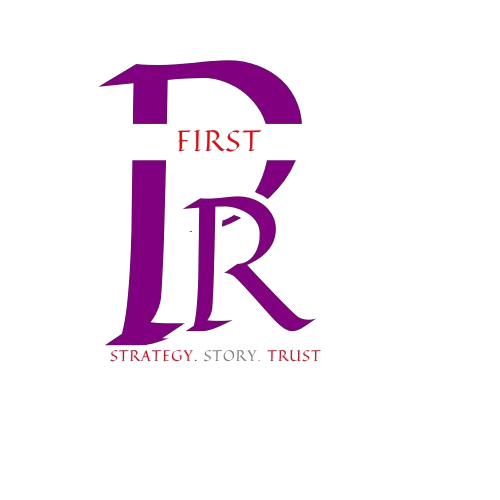Solomon Mamman Jiya Esq., Principal Partner at S.M. Jiya & Co. Citadel Chambers in Minna, Niger State, brings to light an important conversation about the legal profession and the cost of justice in Nigeria. Many Nigerians hold the view that legal fees are too high, but Jiya offers a more nuanced perspective, suggesting that the reality may not be as simple as it seems
.
Are Lawyers’ Charges Too High?
The perception that lawyers charge excessively is widespread, but Jiya believes this generalization does not reflect the full picture. According to him, the fees a lawyer charges depend on the nature of the case presented. Initially, clients may encounter administrative fees like consultation or registration fees, which are essential for the operation of a law firm. These administrative costs are crucial to maintain the firm’s day-to-day running.
Once the administrative steps are completed, the lawyer is briefed on the case and offers professional advice, evaluating the strengths and weaknesses of the matter at hand. The fees for taking a case to court or defending against one follow established rules, although Jiya believes that the rules of professional conduct should be updated to reflect current realities surrounding legal fees. There are various types of fees involved in legal representation, which include:
Appearance Fees: Paid for the lawyer’s presence in court on behalf of the client.
Filing Fees: Fees for filing the necessary documents in court.
Professional Fees: These cover the lawyer’s professional input in the case and can often encompass the entire legal process from start to finish.
Jiya emphasizes that the amount charged can vary depending on the lawyer’s experience and specialization. A more experienced lawyer or a Senior Advocate of Nigeria (SAN) will naturally command higher fees than less experienced counterparts. The complexity of the case also plays a significant role in determining the fees. For instance, cases that require extensive research, witness handling, or complex litigation often result in higher charges. Therefore, lawyers factor in the time and effort required to handle each unique case.
Furthermore, some lawyers may charge a percentage-based fee, especially in cases involving debt recovery. However, such fees are only applicable if both the lawyer and the client agree on the terms beforehand.
Are Nigerians Paying Too Much for Justice?
Jiya asserts that Nigerians are not necessarily paying too much for justice. The issue often arises when individuals fail to seek legal advice before engaging in transactions. Legal consultation, which usually costs much less, could prevent more complex legal issues from arising down the road. When these issues inevitably surface, people are forced to pay much higher fees for litigation, which could have been avoided with proper legal guidance.
Additionally, many Nigerians are not diligent in selecting a good lawyer and may end up switching lawyers, which further increases their legal costs. A good lawyer will offer a clear evaluation of a client’s case from the outset, explaining its strengths and weaknesses. If the case has limited chances of success, clients can be steered toward alternative dispute resolution mechanisms, such as arbitration, which may be more cost-effective and quicker than litigation.
Interestingly, Jiya believes that many lawyers are actually underpaid for their work. Despite the costs involved, the effort required in legal practice, particularly for complex cases, is often not reflected in the fees charged.
Can the Poorest Nigerians Afford Legal Services?
Addressing the accessibility of legal services for the poorest Nigerians, Jiya highlights the role of government-backed legal aid programs. Agencies like the Legal Aid Scheme offer services to indigent citizens without any cost, as the lawyers working with these agencies are salaried by the government. This means that the poorest Nigerians can access legal representation without worrying about paying fees.
Additionally, public institutions like the Public Complaints Commission also provide legal assistance to those in need.
Private law firms may also offer solutions for those who cannot afford upfront fees. Some firms adopt a contingency fee arrangement, where the lawyer is paid a percentage of any funds recovered from the case. This arrangement allows clients to pursue their cases without the immediate burden of legal fees, with the understanding that payment is due only if the case is successful.
Jiya reassures that there is hope for the poor in Nigeria. Many law firms are open to offering flexible fee arrangements to ensure that justice is accessible to all, regardless of financial status.
Conclusion
In conclusion, while the cost of legal services in Nigeria may appear daunting to some, Solomon Mamman Jiya Esq. emphasizes that the fees charged by lawyers are often justifiable given the complexity and nature of legal work. He also reassures Nigerians that justice is not out of reach, as both public and private institutions offer options for those who cannot afford conventional legal fees. By seeking early legal advice and being mindful of choosing the right legal counsel, Nigerians can better navigate the legal system while managing costs effectively.













I really enjoyed this article—it’s both informative and
engaging. The site is a great place for valuable insights.
We’re so glad you enjoyed this piece! Stay tuned for more amazing stories from across Africa.